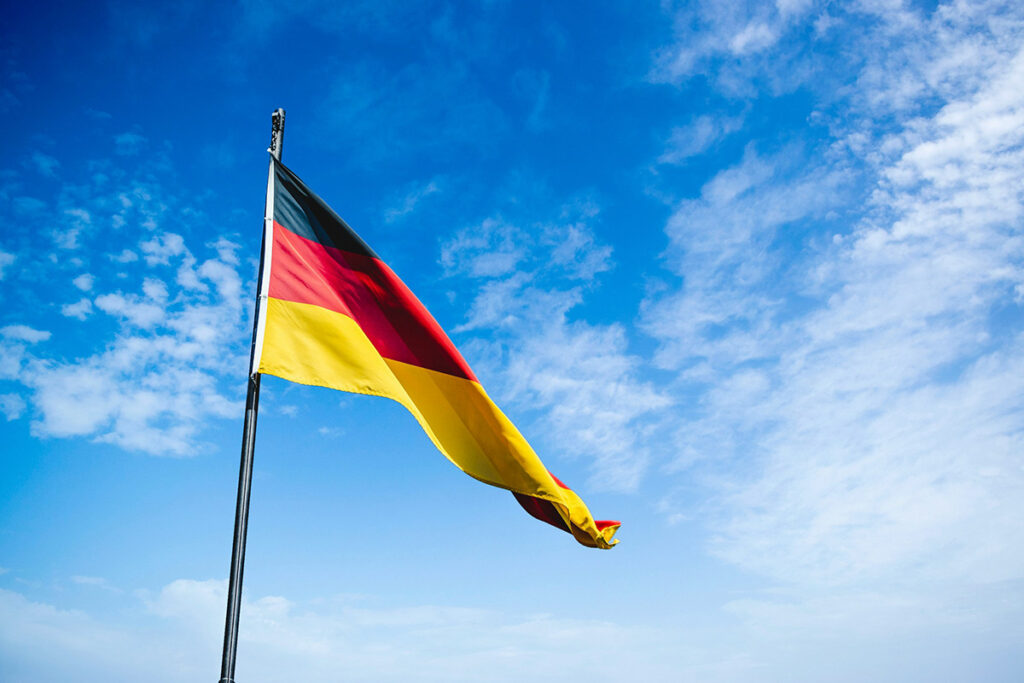German conservatives are making a strong push for a national ban on imports of Russian agricultural products, according to a policy brief brought forth by the economic wing of the Christian Democratic Union (CDU) and Christian Social Union (CSU).
A Two-Front Battle
Perspective of a ban comes as part of a two-front battle. Firstly, the intent is to protect German agricultural sector from phytosanitary risks posed by Russian imports. Secondly, the embargo proposal is rooted in the conservatives’ intent to pressure Russia into complying with international norms in the light of recurrent geopolitical conflicts.
National Precedent
If accepted, the proposal would set a national precedent, as Germany is currently abiding by the European Union’s common external trade policy. The common policy allows European Union countries to individually prohibit imports of specific agricultural products deemed harmful to either public health or plant health.
Backing from Other Quarters
The proposal has received backing from various quarters. Members of the CDU/CSU economic wing, business associations, and agriculture associations have signalled their support. The primary argument is the potential threat that Russian agricultural imports pose to the health of Germany’s domestic plants and the public at large.
Parliamentary Scrutiny
However, the proposal has yet to undergo parliamentary scrutiny. Discussions are pending in German Bundestag, and the path to a national ban is not yet certain.
Conclusion
The intention to establish a national ban on Russian agricultural imports sheds light on Germany’s robust stance towards risks pertaining to its agricultural sector. It exemplifies the extent to which geopolitical conflicts impact the agricultural trade, offering a persuasive precedent for other nations to consider national import control measures. However, the journey to pass such a proposal is filled with uncertainties and will likely draw global attention in the coming days.


